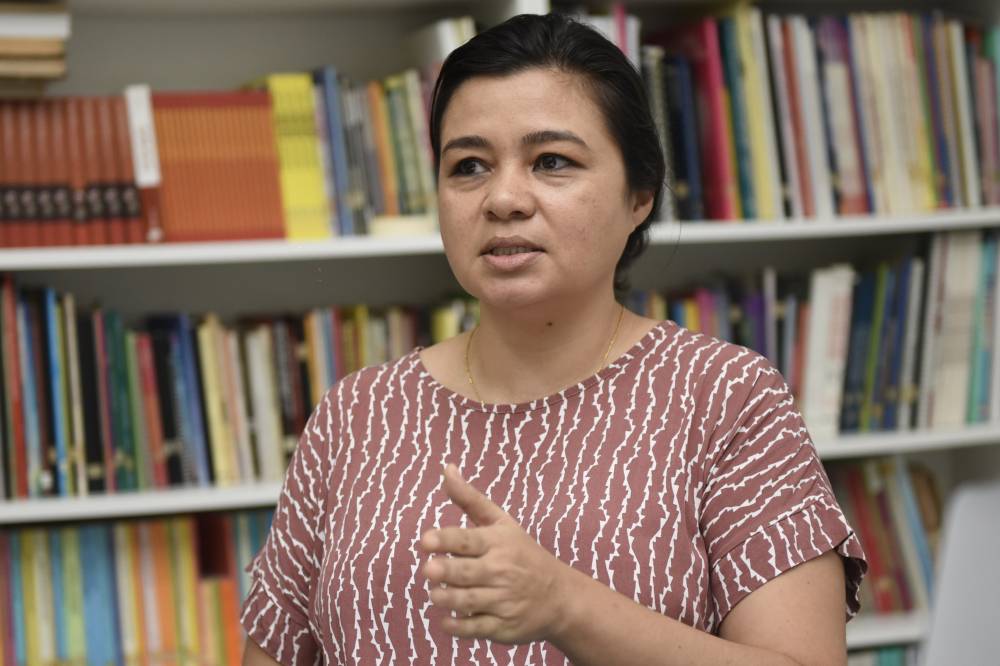Amendments to citizenship law: Proposed amendments creates conflict - Family advocate
Suriani Kempe urged MPs to prioritise children's rights and reconsider the rushed approval of the regressive amendments.

SHAH ALAM - A prominent advocate for families urged MPs to prioritise children's rights and reconsider the rushed approval of the regressive amendments.
Association of Family Support and Welfare Selangor and Kuala Lumpur (Family Frontiers) president Suriani Kempe expressed cautious optimism regarding the government's move to grant Malaysian mothers equal rights in transmitting citizenship to their overseas-born children.
However, she raised serious concerns about five additional amendments bundled with this progressive measure.
"While granting equal citizenship rights to children born overseas to Malaysian mothers is a positive step, the inclusion of regressive amendments is deeply concerning.
"These changes threaten to revoke existing rights for vulnerable groups, including foundlings, orphans, children born out of wedlock, and adopted children," Suraini told Sinar Daily.
Suriani stressed the need to decouple the amendments.
She argued that the government's "all-or-nothing" approach created a false dilemma.
"There's no reason these amendments can't be separated.
"The positive change for mothers shouldn't come at the expense of other vulnerable children who risk becoming stateless," she said.
Suriani warned that the regressive amendments could exacerbate existing issues, particularly in states like Sabah where undocumented populations are high.
Statelessness can lead to limited opportunities, hinder economic participation, and potentially fuel corruption through illicit citizenship schemes, she said.
She said the proposed changes also raise human rights concerns.
Denying citizenship to children based on their circumstances can have long-lasting negative consequences.
"This bundled approach forces a choice between mothers' rights and children's rights.
"It's a manufactured dilemma. We can, and should, protect both," she added.
Suriani urged MPs to prioritise children's rights and reconsider the rushed approval of the regressive amendments.
She recommended proceeding with the amendment for mothers while deferring the others for thorough study and public discussion.
"The proposed changes, particularly the shift from automatic citizenship for foundlings to a discretionary registration process, could regress Malaysia's stance on child rights," she said.
Home Minister Datuk Seri Saifuddin Nasution Ismail announced the Cabinet's approval for these amendments on March 8, aiming for presentation in the Dewan Rakyat.
While the stated goal included preventing citizenship for ineligible individuals, concerns remain about the potential negative impact on marginalised communities.
Download Sinar Daily application.Click Here!














